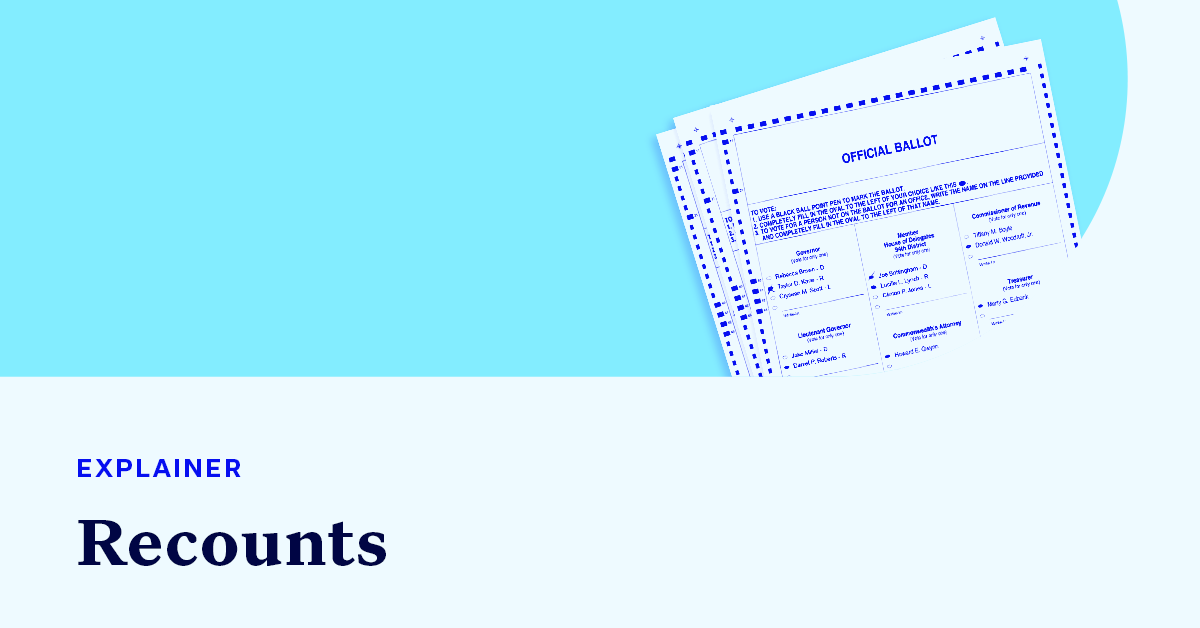Trump and Section 3 of the 14th Amendment
Section 3 of the 14th Amendment could have a profound impact on the 2024 elections. We explain the history of the provision and how courts are attempting to apply it to Trump.
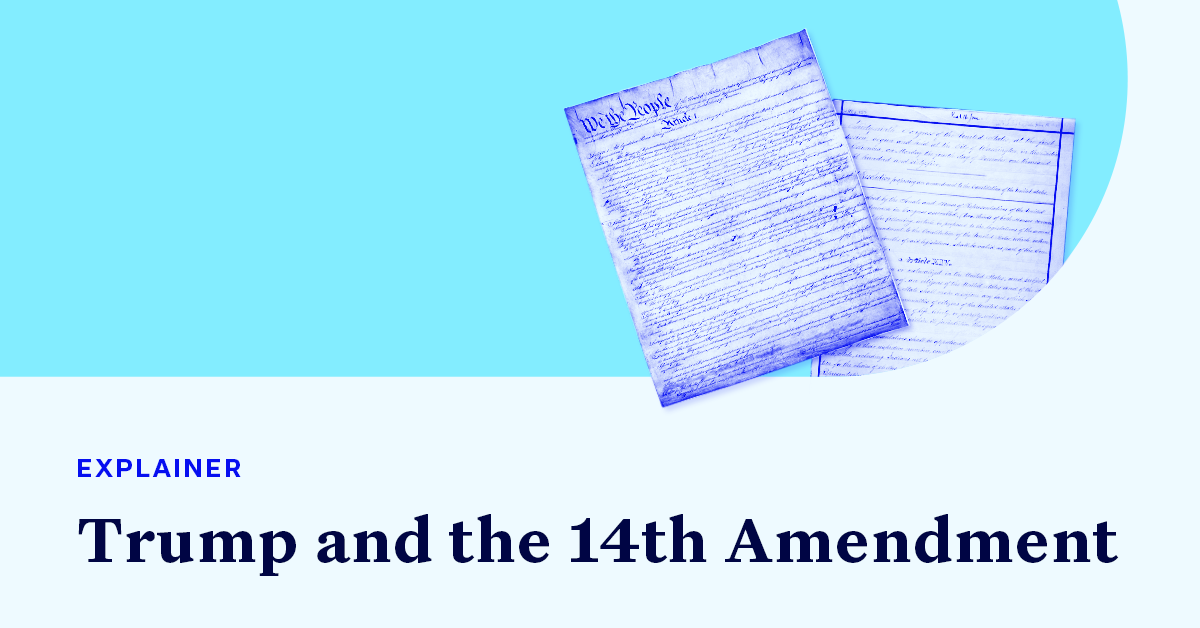
Read more to find out everything you need to know about democracy and voting rights from Democracy Docket’s desk. Use the drop-down menu to organize by topic.
Section 3 of the 14th Amendment could have a profound impact on the 2024 elections. We explain the history of the provision and how courts are attempting to apply it to Trump.

How do redistricting and election-related lawsuits end up before the nation’s highest court? We describe the processes through which the Court either accepts or declines to hear these cases.
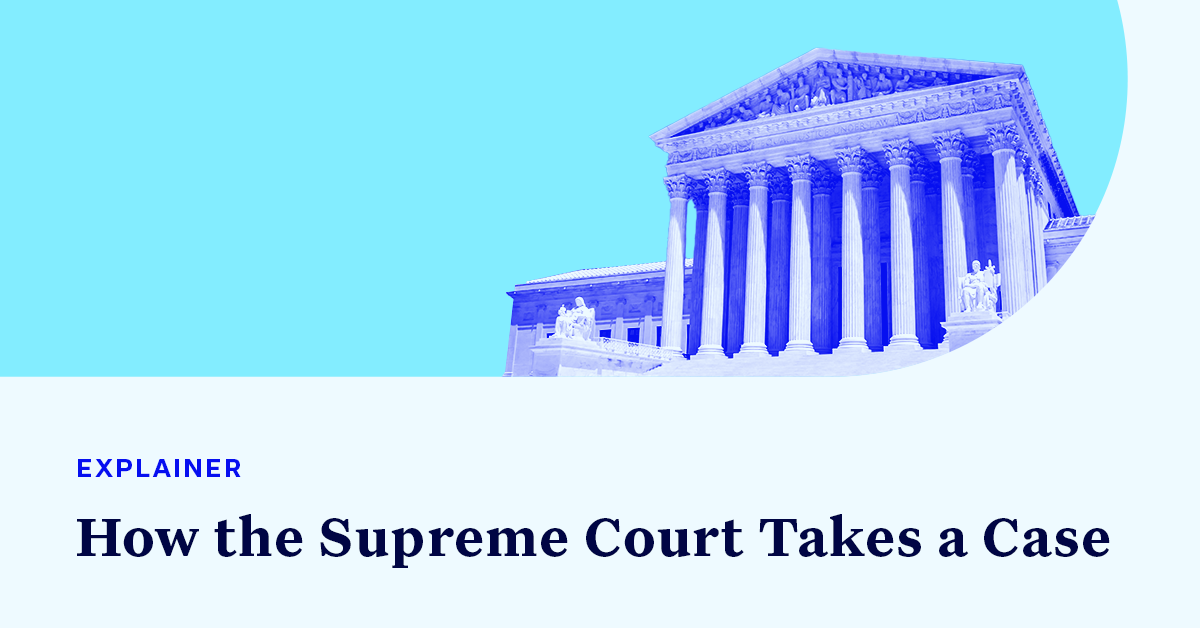
The U.S. Supreme Court has created several standards it commonly relies on to review voting and election laws. These “legal tests” are designed to provide a framework for courts to apply in reviewing legal challenges.
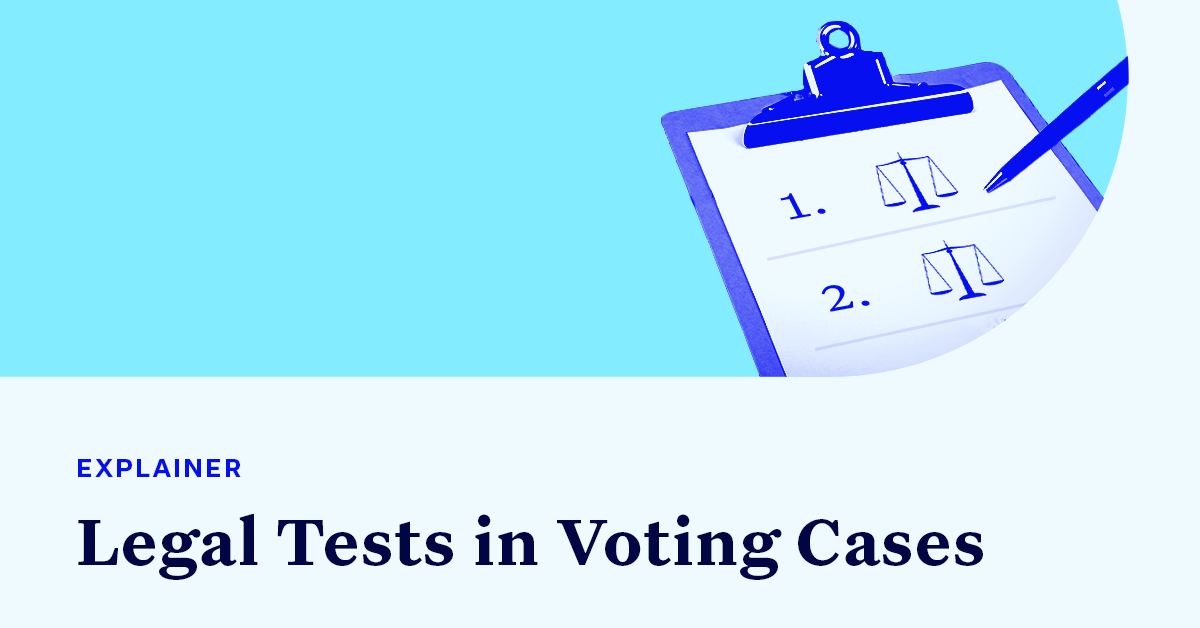
Every election, hundreds of thousands of eligible incarcerated voters face unique barriers to exercising their constitutionally guaranteed right. Today, we explain who can vote from jail and the challenges in doing so.
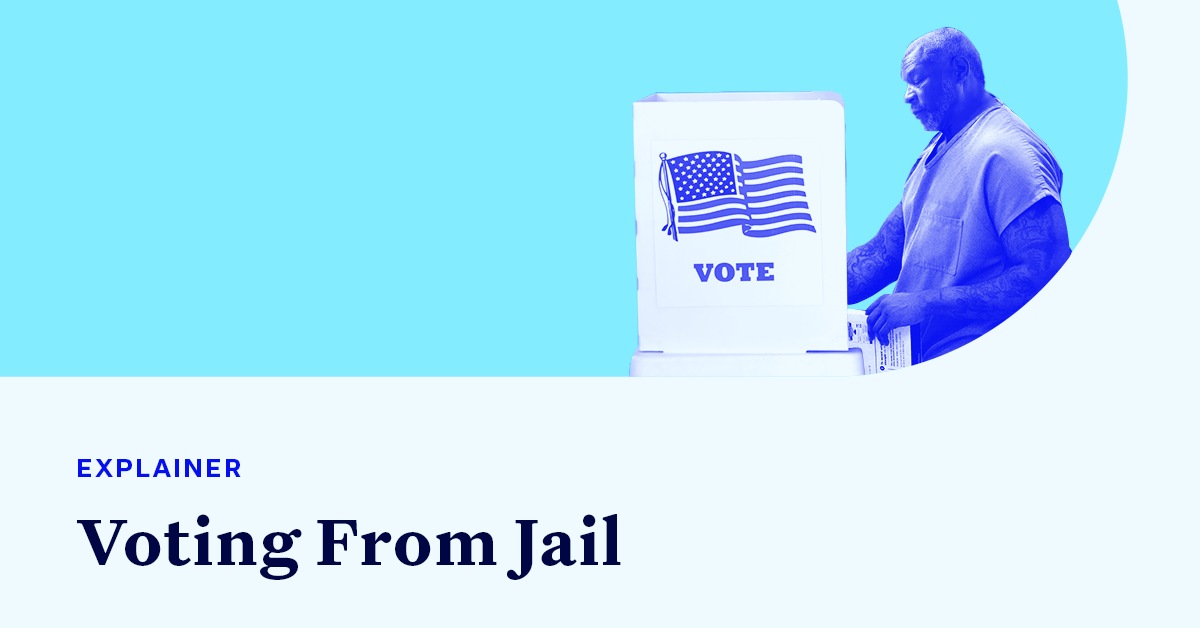
During its first decade of operation, Electronic Registration Information Center (ERIC) was an uncontroversial, nonprofit organization. In this Explainer, we explore how ERIC helps states maintain accurate voter rolls.
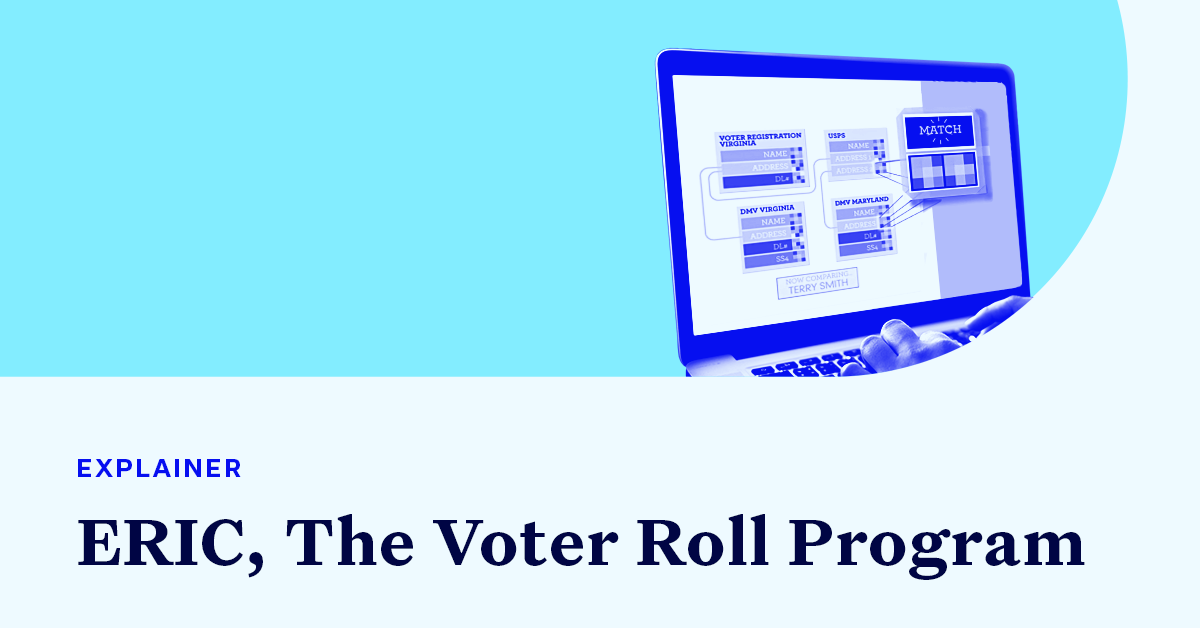
In the United States, all 50 states as well as Washington, D.C. have at least one court that serves as a state’s highest judicial body.
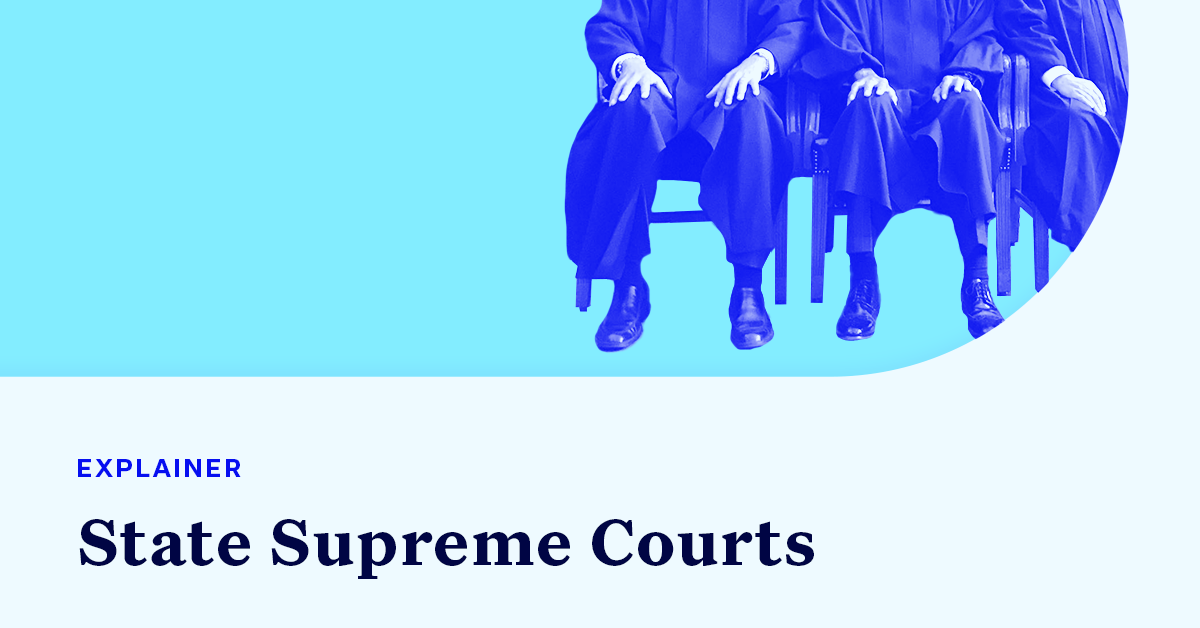
How is a federal judge confirmed? What does the process look like in the U.S. Senate and what is a “blue slip?”
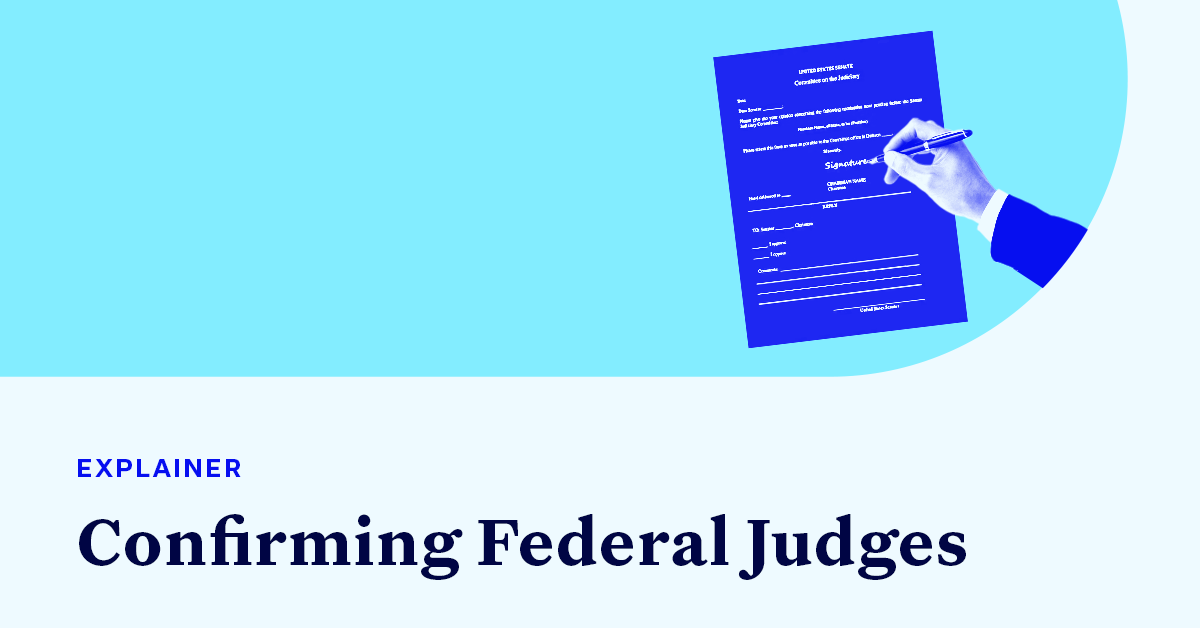
Lawsuits seeking to enforce voting rights laws are a crucial tool in defending and expanding the right to vote, but there’s an ongoing debate over who has the right to bring these lawsuits in the first place.
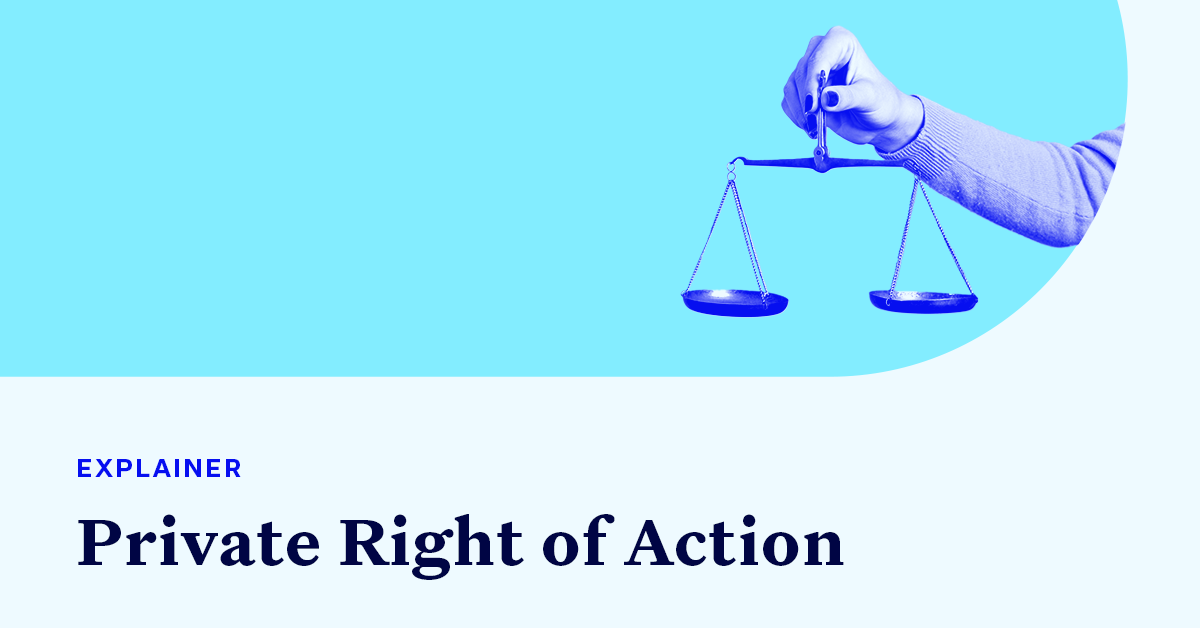
Section 11(b) of the Voting Rights Act outlaws any act that is likely to intimidate voters. As other portions of the VRA are dismantled, Section 11(b) is a crucial protection that remains shockingly relevant in 2023.
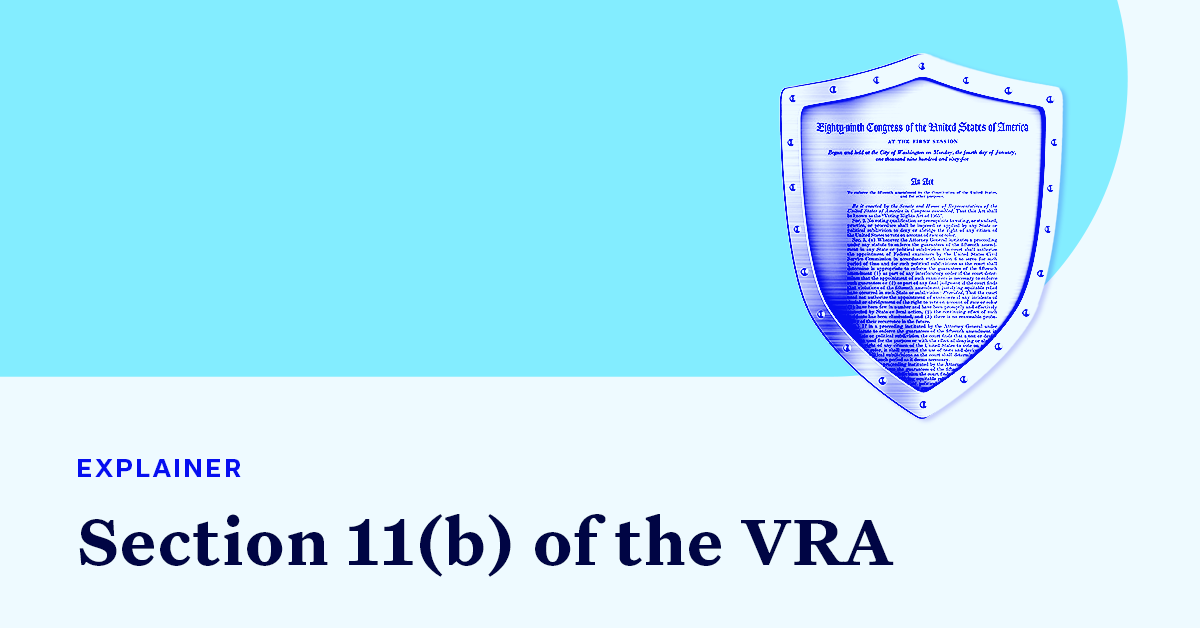
There are many factors dictating what a recount will look like — vote margin, hand or machine count, and other state laws guiding the process. Every state has different rules and timelines for their recounts.
